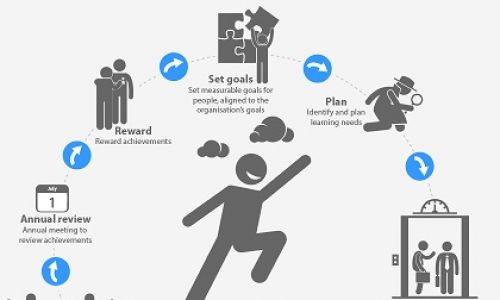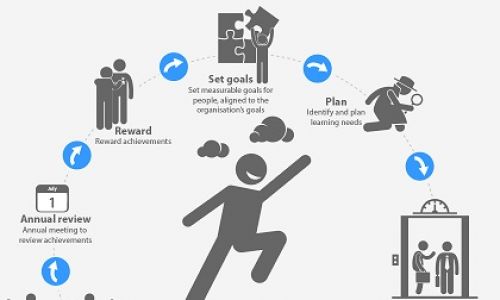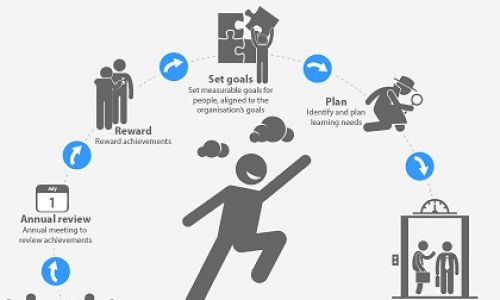Most managers dread giving appraisals to their staff.
Although they have to manage them day in and day out, many feel uncomfortable sitting down one on one with the individual and discussing negatives and areas for improvement.
Therefore, many leaders simply skip these meetings with their team members, choosing to deal with the status quo rather than facing an awkward situation.
This can be a big mistake, however, since not providing employees with productive feedback can prevent them from improving their performance at work.
Appraisal meetings can be very efficient; unfortunately, not many managers know how to hold a proper one.
Here are common mistakes that supervisors tend to make in appraisals:
Avoid The Unpleasant – Managing a team of workers is not an easy task, which most bosses already know. Many leaders prefer not to rock the boat, and don’t want to bring up possible areas for improvement to their staff, preferring instead to deal with shortcomings and mistakes.
Their view of thinking is that if they embarrass the member of staff, they may get insulted and take it out on their workload.
However, the correct train of thought here should focus on the opportunity to help a worker improve their skills and effort.
Managers should think of themselves as coaches that empower staff, and that can’t be done without pointing out areas of improvement.
Being Too General – A common mistake is to be too general during an appraisal, not really focusing on the details.
When you mention issues, such as that the team member is typically rude to customers, or tends to turn in work that has errors, it can leave the employee feeling confused.
He may not be sure exactly what situations you are referring to, and, therefore, will not know what he did wrong.
A great strategy is to keep detailed notes throughout the appraisal period, marking down both positives and negatives weekly.
Then, you can refer to specific incidents instead of generalising behaviours.
For example, state that customers complained on three specific occasions about poor treatment, and state exactly what was said.
This will provide exact data that you and the employee can discuss, and focus on how to improve.
Not Letting The Employee Talk – An appraisal meeting is a two way conversation that involves both the boss and the appraisee.
Don’t just talk the entire time, but make sure to give the employee enough time to express themself, as well.
First, allow the individual to evaluate her work, pointing out what they’re proud of, their recent accomplishments, and areas for improvement.
Then, encourage them to state what they thinks can help them improve, and how you can possibly help them do so.
An appraisal meeting is an important time for the appraiser and the employee to sit down together and review past performance, while making a plan for the future. Don’t make these three common mistakes during these meetings.
courtesy MTD TIPS



